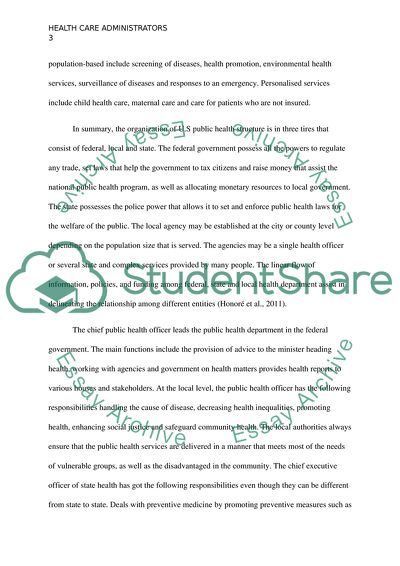Cite this document
(Health Care Administrators Assignment Example | Topics and Well Written Essays - 1750 words, n.d.)
Health Care Administrators Assignment Example | Topics and Well Written Essays - 1750 words. https://studentshare.org/health-sciences-medicine/1869766-health-care-administrators
Health Care Administrators Assignment Example | Topics and Well Written Essays - 1750 words. https://studentshare.org/health-sciences-medicine/1869766-health-care-administrators
(Health Care Administrators Assignment Example | Topics and Well Written Essays - 1750 Words)
Health Care Administrators Assignment Example | Topics and Well Written Essays - 1750 Words. https://studentshare.org/health-sciences-medicine/1869766-health-care-administrators.
Health Care Administrators Assignment Example | Topics and Well Written Essays - 1750 Words. https://studentshare.org/health-sciences-medicine/1869766-health-care-administrators.
“Health Care Administrators Assignment Example | Topics and Well Written Essays - 1750 Words”. https://studentshare.org/health-sciences-medicine/1869766-health-care-administrators.


